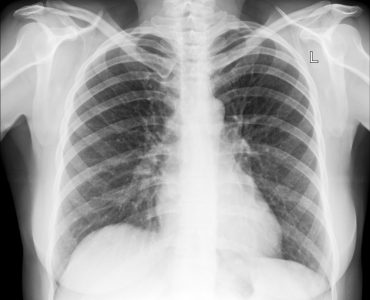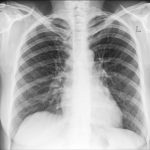DIAGNOSIS OF OBSESSIVE COMPULSIVE DISORDER
Many persons are embarrassed and ashamed to report their symptoms. The first and foremost aspect is to understand that one has this disorder and one should understand that if a person has developed the disorder, it is not his fault and it is to be treated like any other disease for example asthma or diabetes.
Similarly the family and friends should also not hide this fact with the fear that it may upset the person. This attitude will only increase the Obsessive compulsive behaviour of the person, instead it should be confronted and make the person realise about the strange behaviour and help him in seeking medical advice.
When seeking medical help the doctor will make an initial screening by enquiring and collecting all the information which may include:
If the person cleans or washes a lot
If the person does a lot of checking
If the person gets disturbing thoughts which he wants to get rid of
If the person takes a long time in his daily activity
If the person is very concerned that the things should always be in order.
If questions at the initial screening suggest of an OCD, the extent of the symptoms will have to be assessed which will be done by different methods and asking detailed questions about the daily routine life to assess how much it has been affected, therefore it is very important for the person replying the questions to be honest and accurate which will ensure the right type of treatment.
TREATMENT OF OBSESSIVE COMPULSIVE DISORDER
The treatment depends directly on the condition of OCD affecting the functional ability of the person. A mild functional impairment requires a short treatment of Cognitive behavioural treatment (CBT), whereas a moderate may require a more intense and longer CBT course or medication of selective serotonin reuptake inhibitors (SSRI’s) and may be referred to a mental health specialist. A severe functional impairment will definitely require the help of mental health specialist for taking an intensive CBT combined with medication of SSRI’s. Children will require a mental health specialist for children.
PSYCHOLOGICAL TREATMENT
The most popular psychological treatment used for OCD is CBT which is based on the concept of identifying the unwanted patterns of thinking which lead to compulsive behaviour and then making the person to learn more useful and realistic beliefs and thoughts and replace them.
Exposure and response prevention (ERP) is a particular form of CBT, which aim at exposing the person to the objects or situations which provoke anxiety and fear. The Exposure can be actual like making the person use a public toilet or make him handle dirty plates or the exposure can be mental in which the person is told to imagine himself that he has left the oven on or left the doors unlocked. This will cause anxiety which will provoke the Obsessive compulsive behaviour of the person and then the therapist will help in either preventing the compulsive response or try delaying it.
Over a period of time the exposure to the unpleasant situation will reduce anxiety resulting in weakening of compulsive responses.
Mild to moderate cases of OCD may require about 10 sessions of one hour each with the CBT specialist and moderate to severe usually require more than 10 hours of intensive CBT courses.










